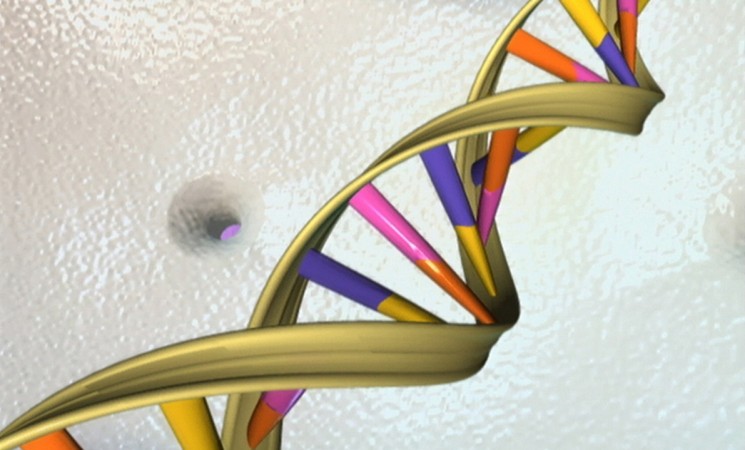Archived Content
This page is archived and provided for historical reference. The content is no longer being updated, and some of the information may have changed over time and could be outdated or inaccurate.

Genetic variants have been linked to a broad range of smoking and drinking behaviors. In order to see if these variants are associated with a broader range of behaviors and risk factors, the authors conducted a phenome-wide association study (PheWAS) using the Women’s Health Initiative study.
PheWAS increases our understanding of the complex effect of genetic variants on behavior and health
PheWAS is a useful way to get a better understanding of the complex effect that genetic variants have on behavior and health. This particular study showed that variants that serve as either protective or risk factors for alcohol use and smoking, in fact, do seem to have an effect on a broader range of behavioral and psychological traits.
Genetic factors for alcohol and tobacco use now found to influence broader range of behavioral and psychological traits
Data from more than 23,000 women were used to examine 360 traits that fell into the following categories: anthropometric traits, cancer, cardiovascular health, dietary habits, drinking behaviors, gastrointestinal health, general health, physical activity, psychological traits, reproductive health, smoking behaviors, and sociometric status. The authors investigated two ADH1B variants, ALDH2, and variants mapped to the CHRNA3-CHRNA5-CHRNB4 gene cluster, based on previous GWAS and candidate-locus studies.
Allele protective for drinking also relates to good dietary habits and cardiovascular health
This study supports the idea that these variants that impact nicotine response and alcohol metabolism have a broader effect on physical and mental outcomes, either via pleiotropy (the same allele could influence multiple traits) or via consequential impact (the allele primarily affects one or several traits, which then impact other subsequent traits). A protective allele for alcohol use was associated with some positive psychological traits. Another allele was associated with traits related to education and socioeconomic status. An allele protective for drinking was positively associated with dietary habits and cardiovascular status, such as dietary energy intake, pulse pressure, maximum body mass index, and systolic blood pressure. Finally, there was some suggestion of alleles being associated with reproductive health in the opposite direction of the gene’s protective effect.
This study was supported by NIH grants RC2 DA028909, R01 DA12690, R01 DA12849, R01DA18432, R01 AA11330, R01 AA017535, and P50 AA012870.
Original Citation
Polimanti, R., Kranzler, H.R., & Gelernter, J. (2016). Phenome-Wide Association Study for alcohol and nicotine risk alleles in 26394 women. Neuropsychopharmacology, 41, 2688–2696. DOI:10.1038/npp.2016.72








